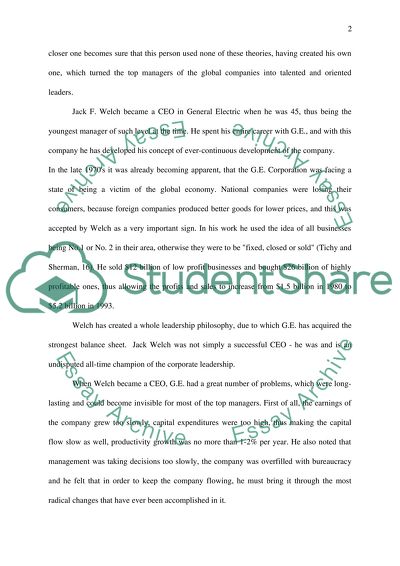Cite this document
(“Jack Welch - A Simple Leader of Genius Essay Example | Topics and Well Written Essays - 2000 words”, n.d.)
Jack Welch - A Simple Leader of Genius Essay Example | Topics and Well Written Essays - 2000 words. Retrieved from https://studentshare.org/miscellaneous/1520666-jack-welch-a-simple-leader-of-genius
Jack Welch - A Simple Leader of Genius Essay Example | Topics and Well Written Essays - 2000 words. Retrieved from https://studentshare.org/miscellaneous/1520666-jack-welch-a-simple-leader-of-genius
(Jack Welch - A Simple Leader of Genius Essay Example | Topics and Well Written Essays - 2000 Words)
Jack Welch - A Simple Leader of Genius Essay Example | Topics and Well Written Essays - 2000 Words. https://studentshare.org/miscellaneous/1520666-jack-welch-a-simple-leader-of-genius.
Jack Welch - A Simple Leader of Genius Essay Example | Topics and Well Written Essays - 2000 Words. https://studentshare.org/miscellaneous/1520666-jack-welch-a-simple-leader-of-genius.
“Jack Welch - A Simple Leader of Genius Essay Example | Topics and Well Written Essays - 2000 Words”, n.d. https://studentshare.org/miscellaneous/1520666-jack-welch-a-simple-leader-of-genius.


